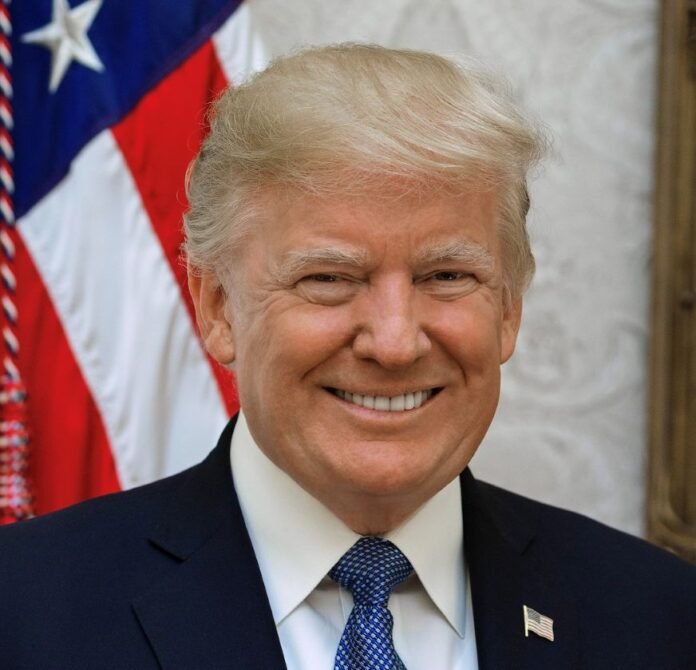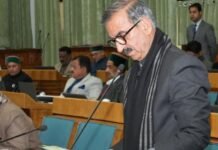In a dramatic announcement that may signal a temporary pause in rising hostilities between South Asia’s nuclear powers, former US President Donald Trump on Saturday declared that India and Pakistan have agreed to a “full and immediate ceasefire” following what he described as an intense round of US-mediated talks. While the announcement stirred international attention, there was no official confirmation from either New Delhi or Islamabad at the time of reporting.
Trump made the declaration through a post on Truth Social, stating, “After a long night of talks mediated by the United States, I am pleased to announce that India and Pakistan have agreed to a FULL AND IMMEDIATE CEASEFIRE.” His message came amid rising fears of a wider conflict after weeks of cross-border exchanges and heightened military alerts on both sides.
Adding weight to Trump’s statement, US Secretary of State Marco Rubio also posted on X, confirming that he had held separate conversations with India’s External Affairs Minister Dr. S. Jaishankar, Pakistan’s Foreign Minister Ishaq Dar, and Pakistan Army Chief General Asim Munir. According to Rubio, the talks focused on immediate de-escalation and restoration of stability along the Line of Control and other sensitive sectors.
While the U.S. appears to be positioning itself as a key diplomatic player in averting a broader regional conflict, the absence of a corresponding statement from Indian or Pakistani officials leaves the actual status of the ceasefire in question. Historically, both countries have been cautious in acknowledging third-party mediation, especially India, which has consistently maintained that all issues with Pakistan must be addressed bilaterally.
The announcement also came on a day when concerns about the potential involvement of nuclear weapons spiked sharply. Pakistani military sources had earlier indicated that the National Command Authority—its top civilian and military nuclear oversight body—was expected to meet. However, the country’s Defence Minister later denied that any such meeting was scheduled, a move seemingly aimed at downplaying fears of escalation beyond conventional military engagement.
In the backdrop of this international development, experts remain cautious. While any de-escalation effort is welcomed globally, the absence of direct communication from both countries’ foreign ministries suggests a complex web of diplomatic maneuvering still at play. Analysts have pointed out that if a ceasefire has indeed been agreed upon, its success will depend on whether it translates into a verifiable halt in hostilities on the ground, especially in conflict-prone regions like Kashmir.
With the Indian and Pakistani militaries still in heightened operational mode and local populations on edge after recent incidents involving missile debris and drone intrusions, ground-level trust and stability remain fragile. Observers also note that with upcoming political events in both countries, any ceasefire could be as much a political calculation as a military one.
As the world watches closely, Trump’s announcement has undoubtedly created space for cautious optimism. However, the next few days will be critical in determining whether the ceasefire, if real, holds and paves the way for broader dialogue—or if it fades into yet another unconfirmed chapter in the long and complex history of India-Pakistan relations.
#IndiaPakistanCeasefire #DonaldTrumpMediation #USDiplomacy #SouthAsiaSecurity #IndiaPakistanTensions
This is an auto web generated news web story.





